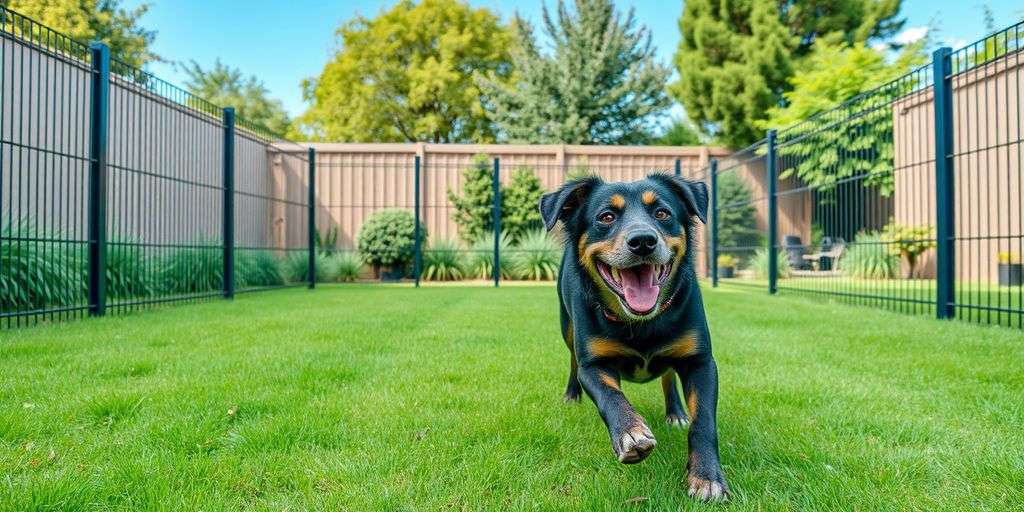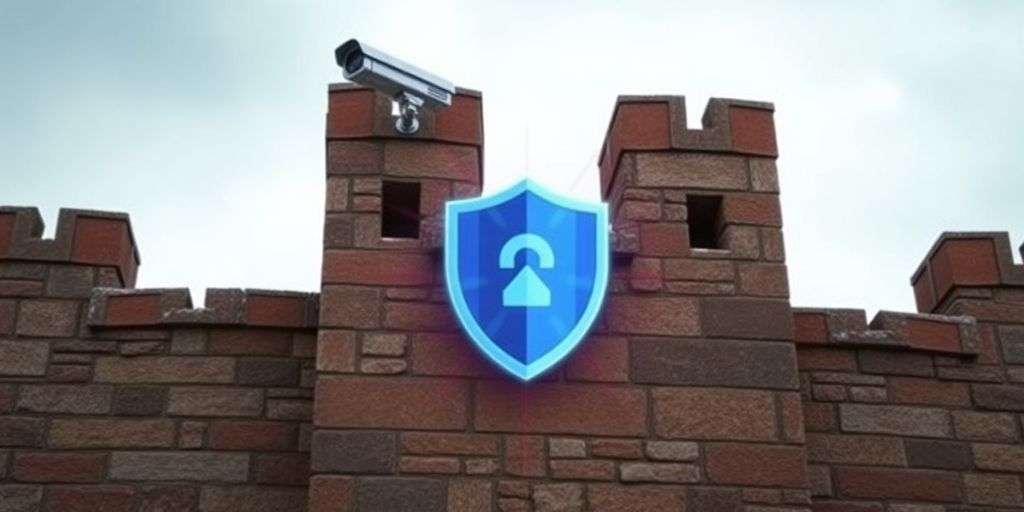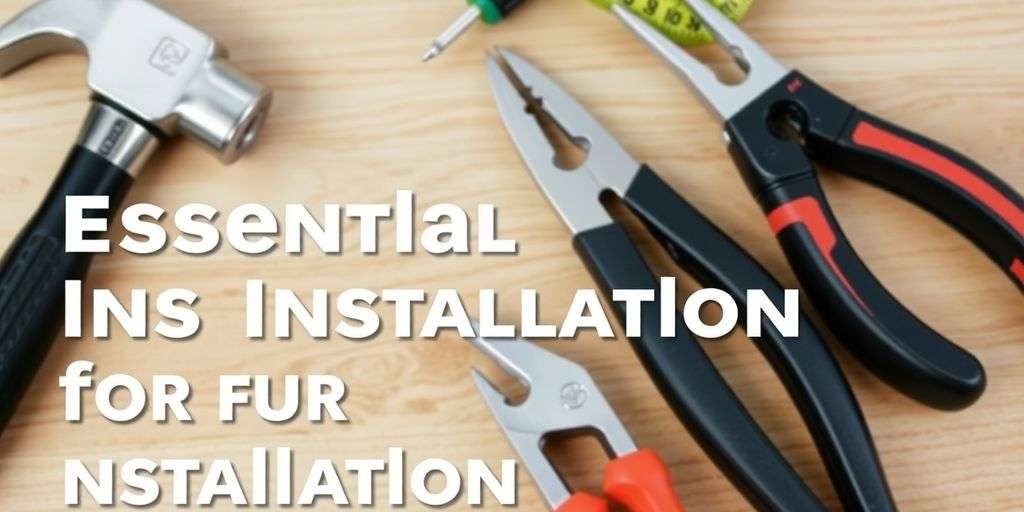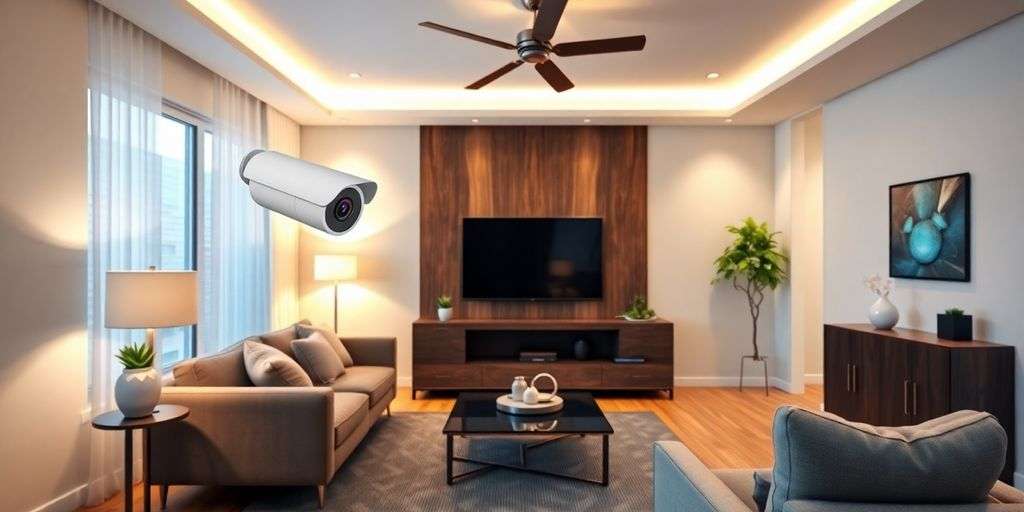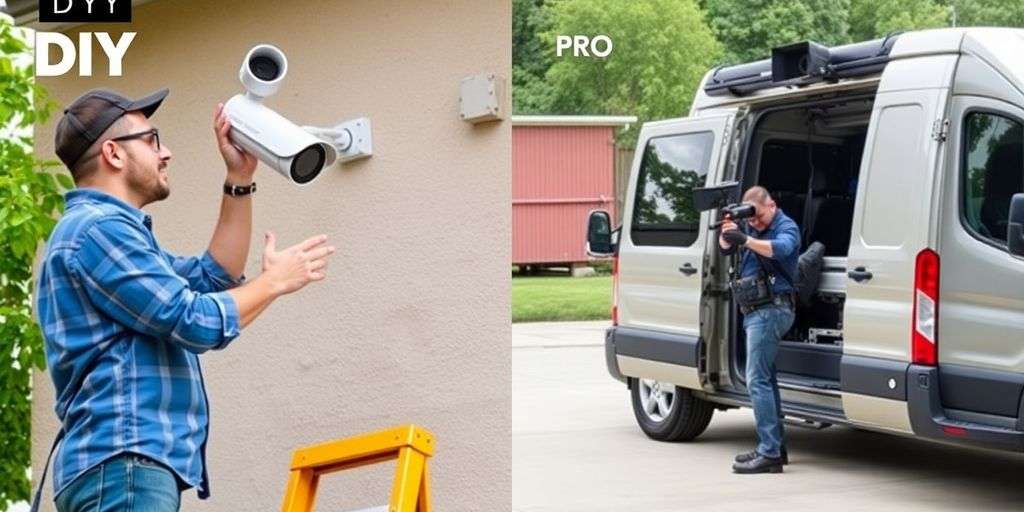Choosing the Right Fence for Your Pet
Understanding Your Pet’s Needs
When selecting a fence, it’s crucial to consider your pet’s unique needs. Different pets have different behaviours and requirements. For instance, a dog that loves to dig will need a different type of fence compared to one that likes to jump. Understanding these behaviours will help you choose a fence that keeps your pet safe and secure.
Evaluating Your Yard’s Layout
The layout of your yard plays a significant role in determining the best type of fence. Take note of any slopes, uneven ground, or obstacles that might affect the installation. A well-planned layout ensures that the fence will be effective and durable.
Considering Your Budget
Budget is always a key factor in any home improvement project. Fences come in a variety of materials and styles, each with its own cost. It’s important to balance cost with quality to ensure you get a fence that meets your needs without breaking the bank. Consider both the initial installation cost and any long-term maintenance expenses.
Popular Types of Pet Fences
Choosing the right fence for your pet is crucial for their safety and your peace of mind. Here are some popular types of pet fences to consider:
Privacy Fences
Privacy fences are an excellent choice for pet owners. These fences have no gaps or only very small gaps between the panels, ensuring that pets cannot escape. They also provide a high level of security and privacy for your yard. Privacy fences can be made from various materials, including wood and vinyl, and can be designed to match the aesthetic of your home.
Metal Fences
Metal fences, such as chain-link fences, are durable and provide good visibility. They are a cost-effective option and are great for keeping pets in while allowing them to see outside. Metal fences can be coated with vinyl to prevent rust and enhance their appearance.
Wooden Fences
Wooden fences offer a classic look and can be customised to fit your yard’s design. They are sturdy and can be built to various heights to prevent pets from jumping over. However, wooden fences require regular maintenance, such as staining and sealing, to keep them in good condition.
Vinyl Fences
Vinyl fences are a durable and low-maintenance option. They come in various colours and styles, making it easy to find one that complements your home. Vinyl is also resistant to chewing, which is a bonus for pet owners with dogs that like to gnaw on things. These fences can last for decades, making them a long-term investment.
Special Considerations for Different Dog Behaviours

Fences for Digging Dogs
Dogs that love to dig can be a challenge when it comes to fencing. Ensuring the fence extends underground can help prevent escape. Consider using materials like metal or concrete at the base to deter digging. Additionally, you can place large rocks or bury chicken wire along the fence line.
Fences for Jumping Dogs
For dogs that are prone to jumping, the height of the fence is crucial. A fence that is at least 6 feet tall is recommended. Privacy fences can be particularly effective as they block the dog’s view of the outside, reducing the temptation to jump. Adding an inward-leaning top can also help keep your dog contained.
Fences for Small Dogs
Small dogs may not need as tall a fence, but the spacing between the slats or bars is important. Ensure the gaps are small enough to prevent your dog from squeezing through. A solid barrier like a wooden or vinyl fence can offer both security and privacy for your small pet.
When choosing a fence, always consider your dog’s unique behaviour and tendencies. Tailoring the fence to your dog’s needs will ensure their safety and your peace of mind.
DIY vs Professional Installation
Benefits of DIY Installation
Opting for a DIY installation can be a rewarding experience. You have full control over the project, from selecting materials to setting the fence height. Additionally, it can be more cost-effective, especially for smaller yards. DIY projects also allow for customisation to fit your specific needs and preferences.
When to Hire a Professional
Hiring a professional is advisable when dealing with large properties or challenging terrains. Professionals bring expertise and efficiency, ensuring the fence is installed correctly and safely. They can also handle any unexpected issues that may arise during installation, saving you time and potential headaches.
Cost Comparison
| Installation Type | Cost Range |
|---|---|
| DIY | £ – ££ |
| Professional | £££ – ££££ |
The cost of installation varies significantly. DIY installations generally have lower upfront costs, but you must consider the value of your time and effort. Professional installations are more expensive but come with the benefit of expert craftsmanship and often a warranty.
Conclusion
In conclusion, choosing the right fence for your dog or other pets is crucial for their safety and your peace of mind. While picket fences may look charming, they often fall short in keeping pets secure. On the other hand, privacy fences, metal fences, and vinyl fences offer robust solutions that can cater to various needs and preferences. Whether you opt for the classic look of wood or the durability of metal, the key is to ensure the fence is tall enough and has no gaps that pets can slip through. Ultimately, the best fence is one that keeps your furry friends safe while complementing your home’s aesthetic. So, take your time, consider your options, and choose a fence that will keep your pets happy and secure.
Frequently Asked Questions
Are picket fences suitable for keeping pets in the yard?
A picket fence is generally not suitable for keeping pets in the yard, especially if you have medium to large dogs. These fences are usually around three to four feet tall, which most medium-sized dogs can jump over. However, you can use a taller, more secure fence in the backyard while having a picket fence in the front yard.
What is the best type of fence for a dog that likes to dig?
For dogs that like to dig, a chain-link or wooden fence with a deeper trench or concrete footing is ideal. This makes it harder for your dog to dig under the fence and escape.
Is a vinyl fence a good option for pets?
Yes, vinyl fences are a good option for pets. They are durable, require less maintenance, and can be designed as privacy fences with no gaps. This makes it difficult for pets to escape and also prevents them from chewing through the material.

